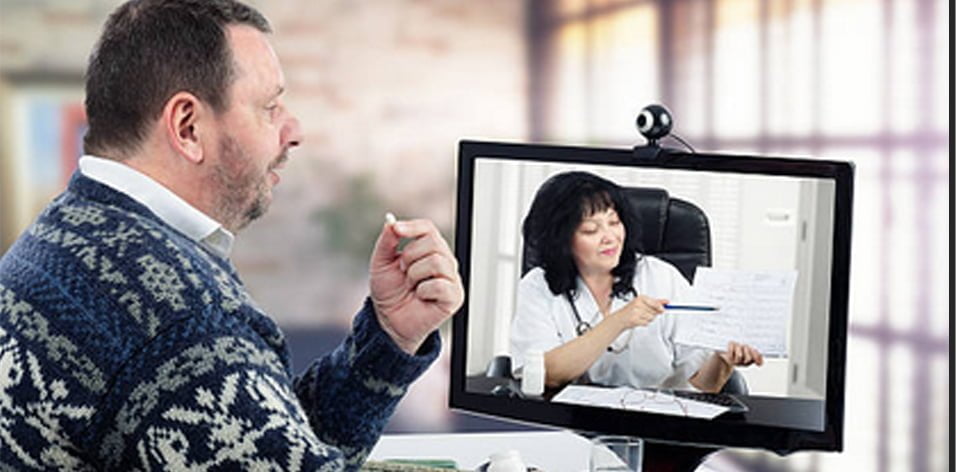Online Marriage Counseling:
Marriage requires work and commitment. Even the best of relationships can have their ups and downs. Sometimes couples need to reach out to others to save their relationship. Professional marriage counseling can help the couple see beyond their biases or anger and come to a mutual understanding. A third-person perspective can help a quarreling couple get on the right track to resolving their differences.
But sometimes visiting the local marriage counselor’s office isn’t an option. Here’s a look at some reasons why you should consider eTherapy Pro’s online marriage counseling:
1.Online Marriage Counseling Is Effective
Multiple studies and surveys have shown that online marriage counseling can be just as effective as traditional therapy if the participants are willing to work for it. A study conducted in 2019 revealed that most couples that underwent online therapy reported feeling positive and believed the therapy was beneficial for their relationship. If you’re hesitating to consider this option because you’re not certain it will be effective, try a few free sessions just to see it for yourself.
2. Online Marriage Counseling Is Convenient
Online Marriage counseling is more convenient than traditional counseling options. You can attend the sessions from the comfort of your home instead of visiting the counselor’s office. That can save time, reduce frustration, and motivate patients to attend the sessions consistently. This convenience often contributes towards the success of the counseling.
3. Online Marriage Counseling Is Discretion
If you’re going through marital problems, you don’t want people to know about it. Most couples want to keep their disagreement to themselves and wish to avoid gossip. Unfortunately, visiting a marriage counselor’s office can be a clear indication that something is wrong, especially if you live in a small touch where neighbors like to gossip. Online marriage counseling is much more discreet because you can attend the sessions from the privacy of your home. There’s no need to share any personal or identifiable details with your therapist either.
4. More Comfortable
Online therapy still requires effort and can be an uncomfortable experience for some. No one likes to be vulnerable to strangers but it is easier to do so when you’re in a familiar environment. Attending counseling sessions from home or even from the privacy of your bedroom can make a big difference. Without the strange environment to add to the discomfort, couples have an easier time opening up and becoming candid about their feelings and concerns.
5. More Suitable for Long-Distance
Some spouses live apart from each other because of professional or personal commitments. Resolving differences through traditional therapy can be difficult if one spouse is in Chicago and the other in New York City. Long-distance marriages can benefit more from online marriage counseling as both spouses can participate in the sessions regardless of their location. Modern communications technologies make it easier for people to have real-time conversations regardless of the distance between them. In this case, online therapy is definitely more effective than the traditional approach.
If you want to know more about online marriage counseling, visit our website eTherapy Pro and get all of the information you need to make an informed decision.


